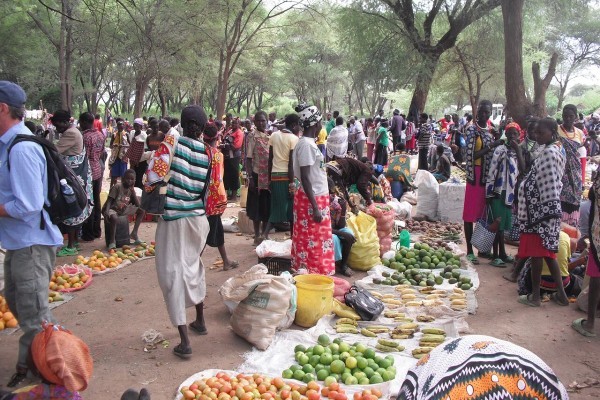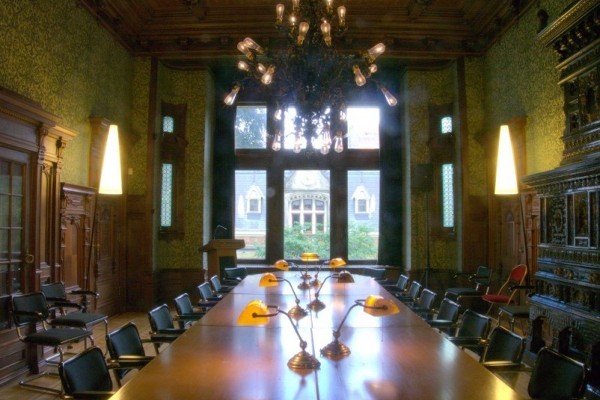Agenda 02 - 08 December 2018
Donderdag 06 December

Stephen Ellis Annual Lecture by Henrietta Moore: What is prosperity for Africa?
Donderdag 06 December 2018 18:30 - 20:00
Africa is the continent that has been most bedevilled by development plans and policies. Rising GDP in recent years has not led to better quality of life for most residents, and the challenges of demographics, climate change and disease seem as intractable as ever. What is the future for Africa in the 21st century? African governments, policy makers, activists and citizens have mapped out their own visions and priorities, but how can these pathways to prosperity be realised? This lecture discusses the challenges and constraints Africa faces, but also the forms of innovation and public purpose that provide a blueprint for the future. Professor Henrietta Moore argues that the first step towards prosperity is to recognise the disabling effects of our current thinking about the economic models underpinning theories of development and change. On the occasion of the 2018 Lecture, a new edition of the Stephen Ellis Bibliography, compiled by Jos Damen, will be launched. Afterwards, as of 20:00, there will be drinks in the FSW Café (ground floor). Please register
Vrijdag 07 December

Conference Genocide after 1948: 70 years of Genocide Convention
On 9 December 1948, the United Nations adopted the Convention on the Prevention and Punishment of the Crime of Genocide. Despite this commitment to prevent genocide and punish its perpetrators, several cases of genocide have occurred since, e.g. in Asia, Africa, and the European mainland itself. Millions of people have been categorically murdered on account of their real or perceived group identity – national, ethnic, racial, religious, political. What kind of impact(s) did the Convention have, and what type of changes were relevant in the postwar period? This multi-disciplinary conference will bring together historians, social scientists, and others, to explore the causes, courses, and consequences of genocide from a global perspective. For more information and registration see:
Zaterdag 08 December

Conference Genocide after 1948: 70 years of Genocide Convention
On 9 December 1948, the United Nations adopted the Convention on the Prevention and Punishment of the Crime of Genocide. Despite this commitment to prevent genocide and punish its perpetrators, several cases of genocide have occurred since, e.g. in Asia, Africa, and the European mainland itself. Millions of people have been categorically murdered on account of their real or perceived group identity – national, ethnic, racial, religious, political. What kind of impact(s) did the Convention have, and what type of changes were relevant in the postwar period? This multi-disciplinary conference will bring together historians, social scientists, and others, to explore the causes, courses, and consequences of genocide from a global perspective. For more information and registration see:



